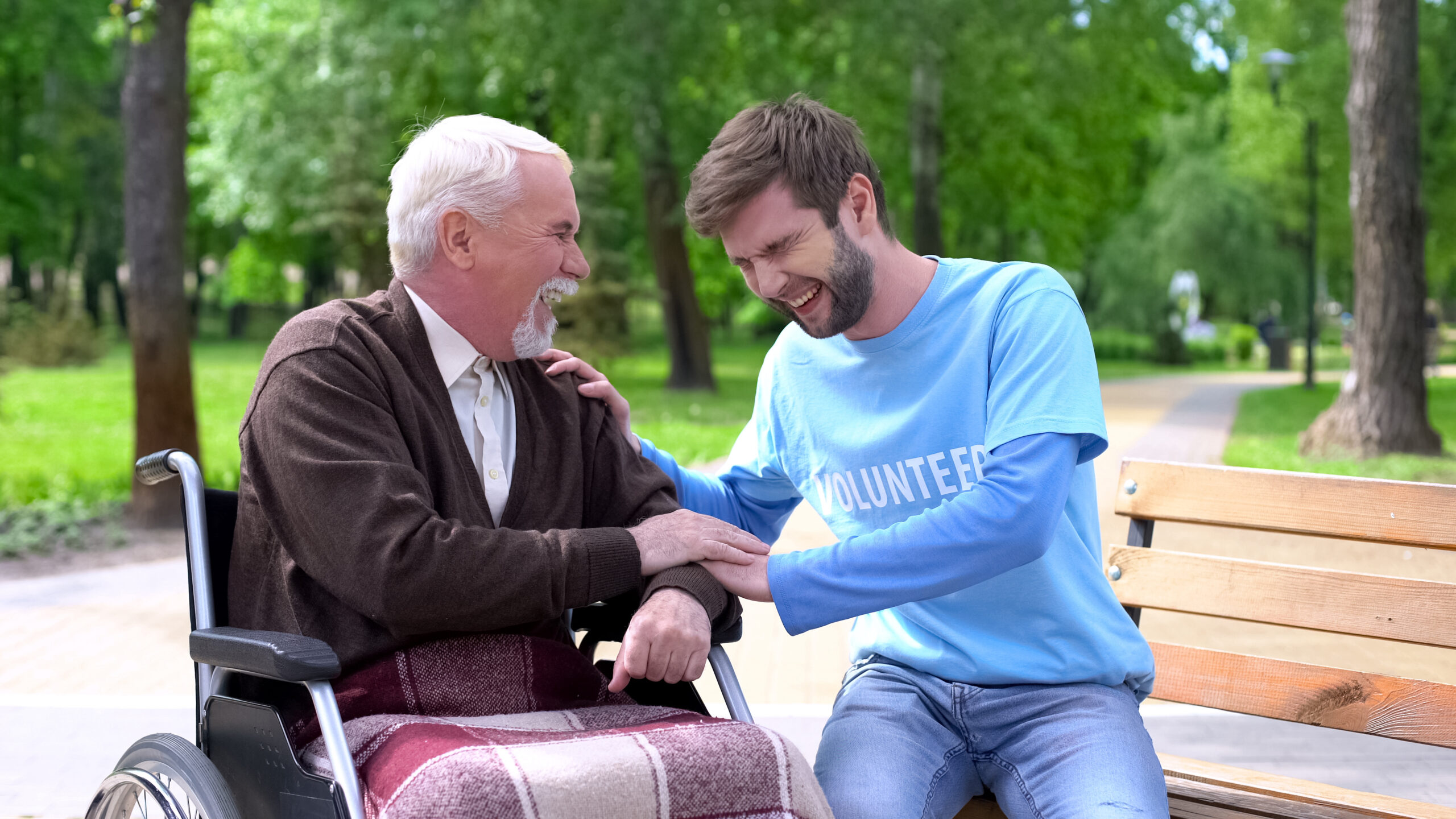
Volunteers perform many important duties. Whether providing companionship in a patient’s home, assisting with a special event, or handling other meaningful tasks — volunteers play a vital role that enables the hospice to meet the needs of the community more fully.
How Do Hospice Volunteers Help?
Hospice volunteers are essential to providing the level of care and support that patients and their loved ones expect from hospice care. The primary goal of a hospice volunteer is to provide empathy and companionship to both the patient and their loved ones during difficult times. The duties of a volunteer vary depending on the needs of the person they are caring for. Part of volunteering may also consist of offering support through community outreach activities, fundraising, or office work. Through participation and engagement, hospice volunteers find value in their devotion to patients, their loved ones, and their community.
The Benefits of Hospice Volunteers
The importance of hospice volunteers should never be overlooked because they can be much more beneficial to hospice care than one might initially think. They assist patients in multiple ways that not every hospice professional can do on their own. These include layers of support such as empathetic listening, activity involvement, communication with hospice staff, and ADL assistance.
Comforting Volunteer Support
Volunteers listen to the patients when they express themselves, offering them an outlet they might not have had before. Oftentimes their presence alone brings comfort and support, allowing patients to confide in them with their stories, secrets, fears, and hopes. Hospice volunteers also enjoy spending time with the patient and participating in some of their favorite pastimes, like playing chess, cards, or watching TV.
Communication
Volunteers can be a great source of communication between the patient, family, and hospice care staff to ensure that everything is running smoothly.
Administrative Volunteering
Besides working with hospice patients directly, there are many other ways in which a volunteer can help a hospice run more smoothly and improve a patient’s quality of life. Some perform more office-oriented roles, such as working in a thrift shop, coordinating support services, fundraising, answering the phone, mailings, photocopying, and data entry. There truly is something that everyone can do.
Hospice Volunteer Training
Volunteers must complete training to ensure they are prepared to fulfill the tasks required of them. Training can vary depending on a volunteer’s role within the organization, but generally, all volunteers receive similar basic instruction. These various levels of training may include learning and understanding items such as:
- The mission and philosophy of hospice care
- A comprehensive list of hospice services
- Best practices, procedures & precautions
- Providing emotional support to families
- Emergency Procedures
- Symptoms of life-limiting illnesses
- Common injuries
- Communication skills
- Boundaries of interaction
- End of Life processes
- Grief support
Having strong knowledge and skills in these areas of hospice care helps hospice volunteers perform their duties to the highest degree, ensuring that their patients enjoy the best quality of life possible.
How to Become a Hospice Volunteer
To volunteer with Traditions Health, contact [email protected] for more information.